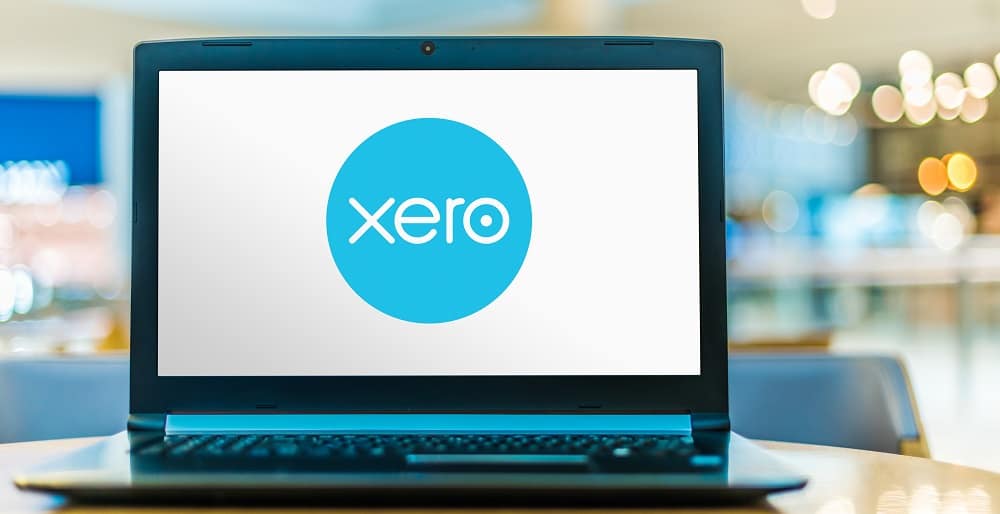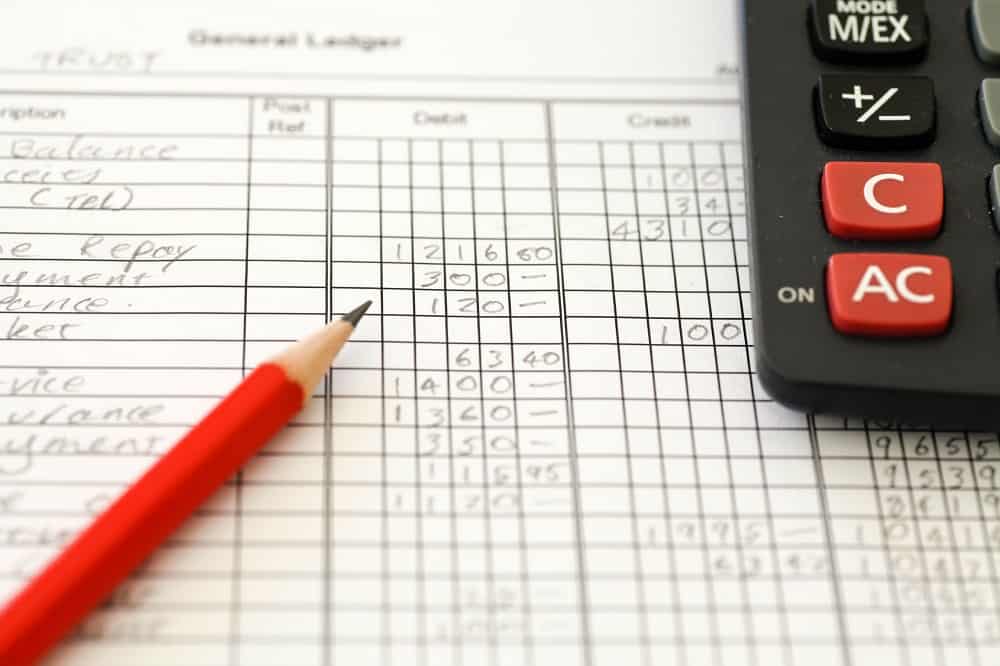With the constant technological growth of software and hardware related to the field of accounting, certain branches of accountancy have been automated or otherwise facilitated through the use of said technology, changing the way accountants and related professionals go about their business.
In terms of accounting software and financial data storage, two of the primary methods utilized are referred to as cloud accounting and that of traditional accounting, both of which essentially serve the same purpose to both the accountant and the client themselves.
Cloud accounting and traditional accounting are two forms of financial data storage and accounting service software that facilitate or supplant many of the more basic functions of an accountant, though the method in which they do so differs between the two.
What is Cloud Accounting?
Cloud accounting or even cloud software in general is a type of computer program that outsources its data storage and general computations to an external system or network that the client and accountant may not be physically interacting with.

In simpler terms, cloud accounting most likely takes the form of a web page or similar internet accessible gateway that allows both the accountant and clients to input or retrieve information at will, so long as a functioning internet connection and terminal are present.
This is considered more efficient than certain other methods of accounting, as the calculations and responses of a computer are significantly faster and more accurate than that of a human.
Cloud accounting has begun to grow in popularity owing to its accessibility, both to non-professionals and large scale accounting firms, wherein it may facilitate any sort of financial function from a simple tax return calculation to the storage and management of thousands of financial statements.
However, concerns have been raised about the safety of said financial information management, as the method of utilizing off-site servers to host the software and data primarily uses the internet in order to transmit data, leaving it more vulnerable than traditional accounting.
What is Traditional Accounting?
Traditional accounting, on the other hand, is a method of accounting wherein bookkeeping information and similar financial data sets are stored either in hard copies such as printed receipts and invoices or are stored in a local hard drive, usually physically present in the place of business itself.
This can take the form of either a pen and paper wherein a bookkeeper or accountant directly records financial transactions and other information or it may instead be in the form of software installed and hosted entirely on a local terminal, likely without any source of external connection or outsourcing.
Traditional accounting usually requires that the accountant or client themselves be physically present - requiring the client to book an accounting consultation. One both parties are present they may interact with the terminal so as to input financial information or perform accounting calculations, oftentimes considered an inconvenience in comparison to cloud accounting and its general function.
While a hybrid form of traditional accounting exists wherein the software is stored within a network of computer terminals instead of a single machine, it is relatively uncommon and more frequently used in large scale corporations or accounting firms with multiple employees.
What are the Advantages of Cloud Accounting?
Cloud accounting, being a relatively new development in the field of accounting technology, presents a variety of benefits, both to the accountant and to their clients, with such things as remote accessibility and reduced overhead costs being a primary motivator behind the popularity of cloud accounting.
The primary benefit to utilizing cloud accounting software is the convenience of which it may be used, with online portals to remotely hosted cloud accounting servers being accessible even through a mobile phone or laptop, allowing clients of the accounting software company to access their financial data at any time.
Additionally, the storage of said software and financial data in an off-site server means that corporate entities and similar businesses need not own a physical space to store their financial accounting data, especially in comparison to the large expanse of space needed in order to retain physical hard copies.
This, as well as the fact that maintenance costs are shouldered by the software or cloud server owners, equates to significantly lower overhead and operating costs for the corporation renting said cloud accounting software.
What are the Advantages of Traditional Accounting?
Traditional accounting has its own unique set of advantages as well, making it an equally advisable method of accountancy for a variety of purposes.
The first and most notable benefit to traditional accounting is the secure nature of its data storage, with financial information generally being stored on the premises in the form of a physical hard copy or on a proprietary computer terminal without direct access to the internet, most of the time.

This equates to sensitive internal financial information like disclosures and financial appraisal statements being properly protected by the very function of traditional accounting itself.
However, this security may come at a price, as traditional accounting data can be subject to hazards like hardware failure and fires, all of which can result in a complete loss of the financial data stored therein.
This may be avoided through the use of backup copies or redundant systems that act as an insurance against the theft or loss of said financial information.
Another benefit involved in traditional accounting is the sustainability of certain methods used beneath the purview of traditional accounting, with certain kinds of book keeping requiring only a pen and paper or a single low power computer terminal.
Of course, this does not include the costs of maintaining a traditional accounting system, with expenditures like software licensing and computer maintenance occasionally being more expensive than simply leasing servers from a cloud accounting corporation.
Where is Cloud Accounting Best Used?
Cloud accounting may truly shine in certain situations where ease of accessibility is essential, such as in the case of clients with highly mobile lifestyles or companies with international branches, necessitating the availability of said accounting software from anywhere in the world.
This is in addition to the fact that cloud accounting allows multiple clients or accountants to work on the same task at the same time, facilitating the coordination and collaboration of whole accounting departments or individuals in executive positions within a company.
Compounding on this collaborative ability, cloud accounting may also adapt and scale to the needs of the client, increasing in specificity and resource allocation as the client’s own needs grow. This may also occur in reverse, with corporate entities that are downsizing being able to reduce overhead charges as they utilize less of the cloud server’s computational and storage power.
Where is Traditional Accounting Best Used?
Traditional accounting is best used in circumstances that require either a more secure method of financial recording or in the day to day function of smaller financial entities that do not require extensive book keeping and computation.
Considering the fact that traditional accounting is significantly more air-gapped than cloud accounting in terms of accessibility by external parties, traditional accounting is also an excellent way to ensure that only certain individuals within a financial entity are fully apprised of the inner workings of said entity.
Traditional accounting may also be used in certain situations wherein the financial entity or individual wishes to be the sole user and owner of their own servers or terminals, allowing them to make modifications and upgrades as they see fit.
This is especially relevant in instances wherein certain hardware or software configurations that are not normally found in the services provided by cloud accounting companies, such as server hardware designed in such a way as to only function with the use of physical keys.
Is Traditional Accounting Cheaper than Cloud Accounting?
Traditional accounting is, in fact, more expensive than cloud accounting owing to the costs of maintaining and purchasing hardware specifically for the purpose of accounting.
This is further compounded by the additional costs of software licensing, leasing or renting a physical location in which to store said hardware as well as the cost of constant maintenance and updating of the traditional accounting equipment.
Whereas in the case of cloud accounting, the individual or financial entity only needs to pay a subscription fee in proportion to the storage space and computing capacity they are using, with lower rates being charged for smaller uses of the cloud accounting company’s services.
References
1. Otilia Dimitriu, Marian Matei, Cloud Accounting: A New Business Model in a Challenging Context, Procedia Economics and Finance, Volume 32, 2015, Pages 665-671, ISSN 2212-5671, https://doi.org/10.1016/S2212-5671(15)01447-1.
2. Kinkela K., College I. Practical and ethical considerations on the use of cloud computing in accounting. Journal of Finance and Accountancy. 2013.
3. Aman, Aini, and Nahariah Mohamed. “The Implementation of Cloud Accounting in Public Sector.” Asian Journal of Accounting and Governance, vol. 8, no. Special Issue, Dec. 2017, pp. 1–6. DOI.org (Crossref)
4. Featured Imaged Editorial Credit ©photogranary/123RF.COM

